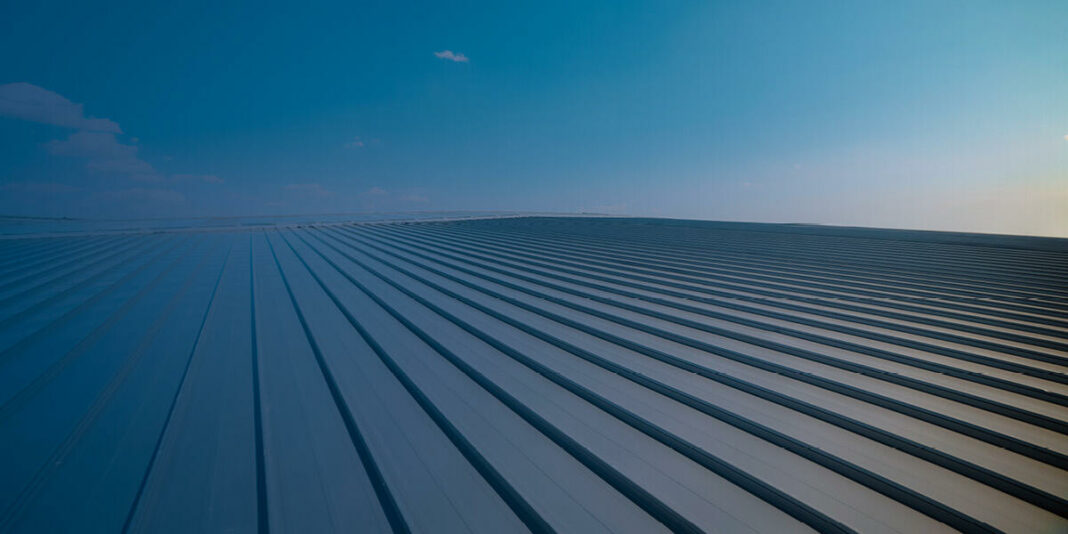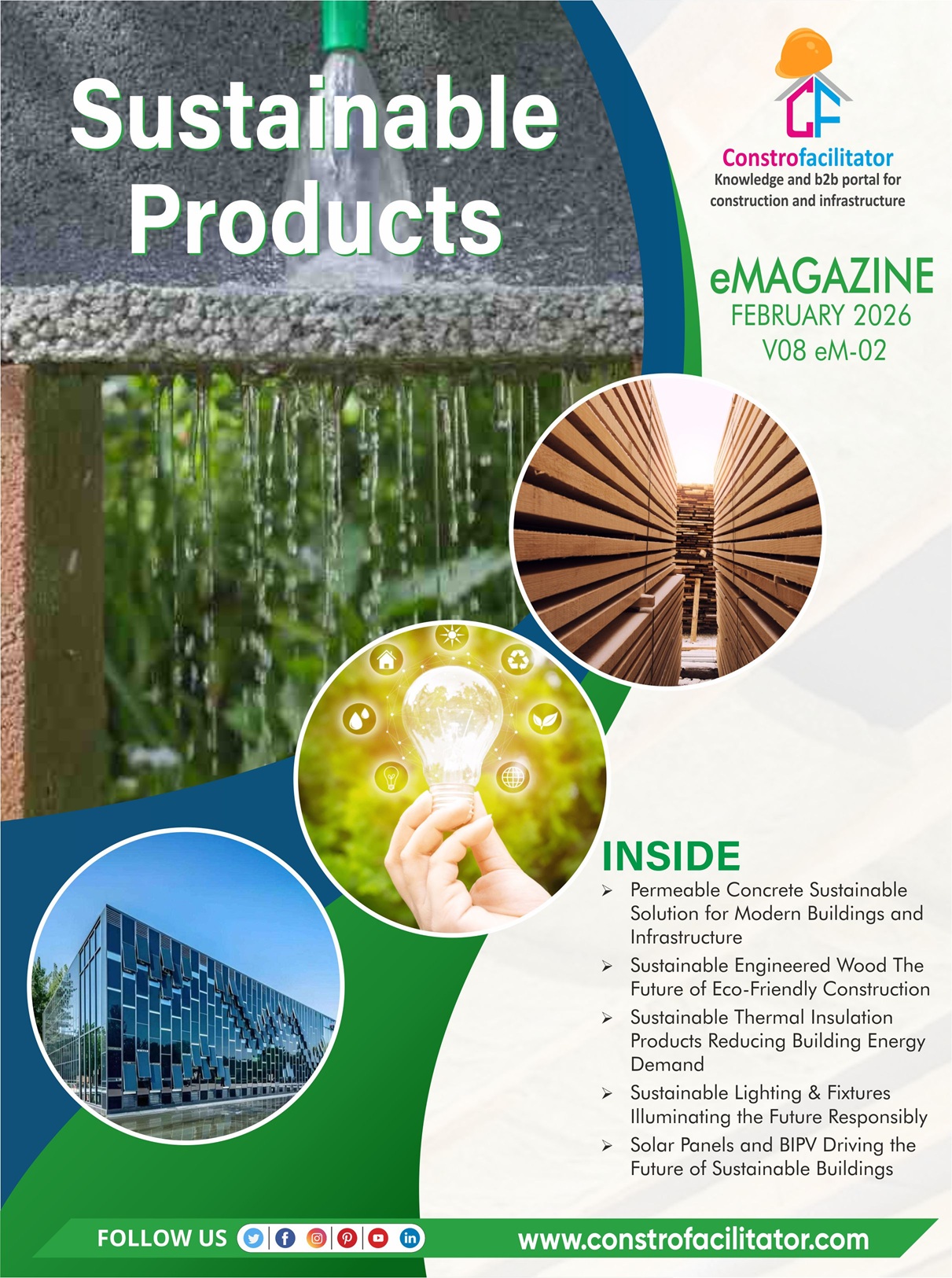Are you planning to get a new roof installation? To know what type of roof would be perfect for your commercial space, you need to know about the different roofing structures. Knowing more about them and their benefits will help you choose the right one to make your investment worthwhile. You often ignore your roof, which is terrible for your wallet and structure. Here are some things about your roof you need to familiarize yourself with.
The Different Roof Types
You first need to know what roof type you have or need. There are different roofs, but this article willfocus on the common types of roofs that you install in commercial buildings. The two common types of roofs are:
Steep slope
These roofs are steeper than 3:12. They come with this design to quickly shed water to your gutters or other drainage systems. While they are also famous for residential homes, these roofs can benefit your commercial spaces. These types of roofs usually come in these material types:
Slate
Lay-in Concrete Tile
Metal Panels
Asphalt Shingles
Wood Shakes or Shingles
Low slope
Another common type of roofing that you can find in most commercial buildings is the low slope roofs. They provide cost-effectiveness for large buildings, which is why you can typically find this type in commercial buildings compared to residential ones. Having these types of roofs in hospitals or large towers is considered impractical.
You can also make use of these roofs as rooftop equipment support. Rooftop equipment can be solar panels, your HVAC equipment, and you can even turn it into an open roof deck. They are also known as flat roofs, although they are not entirely flat unless they have a slight slope or proper drainage.
The Different Roof Materials
Now that you know the most common types of roofs for your commercial buildings, it is time to learnmore about the materials. You can choose any kind of material for your roof, but there will always be materials that experts will recommend that you should consider. Here are the common types of roof materials in commercial buildings:
1. Single Ply Membranes
Different membranes come in other acronyms depending on their varying degrees of chemical resistance. An example of this would be PVC or polyvinyl chloride. These types of roofing material can come in just about any color and gives you reflectivity quality.
Things To Consider When Choosing This Type
They will include different substances or chemicals for them to achieve their physical properties
Its installation usually just ends with a single layer.
It is flexible and has UV-Resistant qualities.
Usually not compatible with all types of roofing systems.
2. Modified Bitumen
It is a combination of bitumen and polymer modifiers. It also needs another layer of reinforcement. They usually come with foil laminates or granules on their surfaces to provide extra protection.
Things To Consider When Choosing This Type
It comes with several layers
It is durable and quite flexible
The installation will sometimes require welding
Often comes in color black, but surfacing is possible for cooler colors
Flame or VOC-free versions of these materials are available
3. Built-up Roofing
Often known as BUR, these roofs come from alternating layers of bitumen. Because of their multiple layers, they are generally stronger and more durable. It is the best choice if your commercial roof typically has a lot of foot traffic or roof equipment.
Things To Consider When Choosing This Type
Multiple piles make it puncture-resistant and tough
It has a continuous layer
You should not install it in cold weather
It creates fumes during installation, which causes problems for occupants
Usually comes in a dark color
4. Metal Panel Systems
These roofs are usually in residential roofing, but most commercial buildings also choose metal panels for their roof system. They are durable and can come in various colors. It is also effortless to install, and solar panels can fit into them without penetration.
Things to Consider When Choosing This Type
It lasts long
It comes in various colors
It comes with thermal movement qualities
Watertight and wind uplift features because of high seams
5. Spray Polyurethane Foam
This roof material type combines spray polyurethane foam, elastomeric coatings, or the membrane mentioned above. It is not very popular, probably making it cheaper, but this type of roofing material is often for retrofitting existing roofs, not new ones.
Things To Consider When Choosing This Type
The thickness of the foam lessens the penetration of punctures
You can use it to fill in gaps within your existing roof
The installation or application of these material types needs to be done by an expert
Do not install it during windy, rainy, or cold weather
What Your Roof Needs
Now that you know what types of roofs are available in the market, you can choose one for your commercial space. After you familiarize yourself with the different types of roofs and have one, you should consider these things.
Your roof will need routine maintenance too. Consider installing roof hatches for easy access
A roof's lifespan will typically last up to 60 years if taken care of
Insulation is essential for thermal control
Hire experts for installation, repairs, inspections, and replacements
If you consider these, you will be helping ensure the long lifespan of your roofs. A roof is an investment, especially in commercial buildings. Make sure you take good care of it and do not waste money.
Choose The Right Roof
Now that you know about the different roof styles and material types, you can decide which one is for your commercial space. Consider the roof's maintenance needs and ensure that you can hire professionals to meet those maintenance and cleaning needs to ensure that your commercial roof lasts long.





